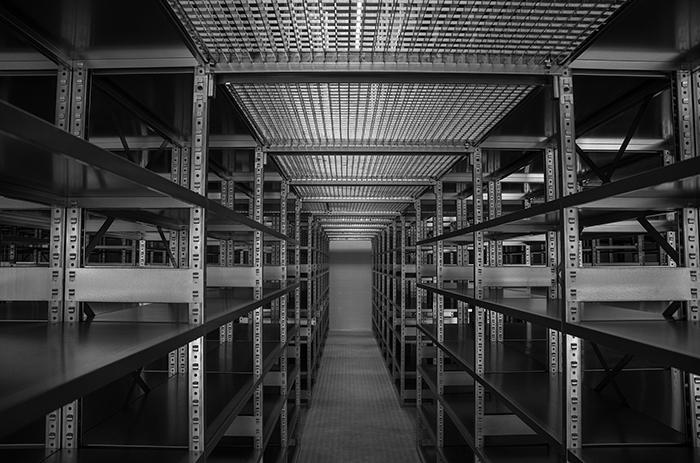 MENU
MENU

Legalized marijuana is coming soon to a state near you. Currently, 29 states allow medical marijuana and eight more have legalized recreational use, creating a $6.5 billion market that may grow to $22 billion by 2021. This rapid growth represents opportunities for brokers and developers who can navigate the industry’s unique pitfalls.
In Denver, legalization absorbed more than 6 million square feet of Class C industrial space since 2010, according to John Seckman, Managing Partner, John Seckman & Associates LLC. Speaking at the CORFAC International 2017 Fall Summit panel in Denver. He noted that growers occupy Class C space because Class A and B owners won’t lease to them, fearing legal and financial repercussions.
“To make Class C space work as a grow facility requires major upgrades, which are funded upfront by tenants,” Seckman said. “As a result, buildings that were valued at $20-$30 per square foot a few years ago are now worth $200- $300 PSF.”
“A cultivation facility requires over-standard electrical upgrades that are expensive and can add six to eight months to the build-out process,” said Brian K. Coakley, SIOR, Senior Vice President of Donohoe Real Estate Services/CORFAC International, Bethesda, MD. Security considerations are also important, he said. “The ideal situation is to have a stand-alone building which is able to be fenced, the entrances protected by bollards, a ‘man trap’ double vestibule, and other a security measures.“
“Many start-ups don’t have much experience in operating a business or handling the complexities of a real estate transaction,” said Christian Monson of MJardin Management, which partners with operators. “A broker with experience in indoor-production agriculture spaces or other heavily regulated industries can make the learning curve less steep.”
“Anti-money laundering laws pertain to anyone who engages in a financial transaction that promotes illegal activity,” said Tom Downey, JD, Director at law firm Ireland, Stapleton, Pryor & Pascoe. That theoretically could apply to owners or brokers, but the federal government has followed a policy of non-enforcement for those in compliance with state laws. Furthermore, “real estate professionals are so remote to the state-legal industry that they would be a low priority for enforcement agencies.”
Another challenge is that cannabis companies typically can’t maintain bank accounts or use credit cards and transferring large sums in cash complicates transactions. Owners can mitigate the risks by requiring tenants to make all improvements, and by restricting the landlord’s access to the space, with language similar to that of any high-security user. Prospective tenants may also require a conditional lease, wherein the tenant in essence pays for an option to lease the space, contingent on its ability to get a license. This helps tenants overcome a Catch-22--some states will only license growers who have landlord consent at a properly zoned property, but an aspiring firm can’t sign a lease if it doesn’t have a license to operate.
Some large brokerage firms and most institutional owners avoid the cannabis industry entirely, which opens up opportunities for entrepreneurial players. For example, Donohoe Real Estate Services/CORFAC International helped two multistate medical marijuana firms expand into Maryland four years ago, based on network connections.
Are the rewards worth the risks? Every commercial real estate player must answer that question in his or her own way. One thing is certain: Demand for cannabis oriented real estate presents lucrative opportunities for those willing and able to deal with the complexities of the business.
Article original appeared in National Real Estate Investor's 2017 Year-End Update, December 2017.